- This Colombian establishment has become the first legally constituted cannabis pharmacy in the country, and already helps more than 450 patients who require the plant’s therapeutic properties. Lacking regulation that determines how they should function, they have created their own rules in order to control the plant that is produced, its destination and ensuring a quality process from beginning to end.
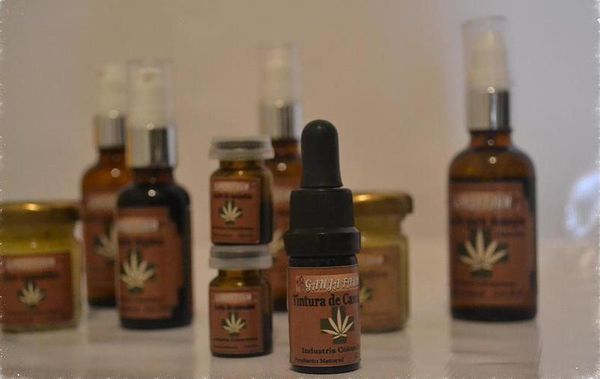
In Bogota, the Colombian capital, 'Ganja Farm' creates medical products based on cannabis that many patients in the country need. Their facilities are divided into three spaces: the place where they grow 19 plants that are permitted by law (for medical and scientific use); the laboratory where extractions and tinctures are carried out, as well as the place where all kinds of creams, ointments and oils are created, and the offices that have become an improvised warehouse and a place that welcomes many people in search of information, especially when a cannabis-related matter appears in the media.
This establishment for natural medicines, that was set up in October last year, became the first “legally constituted” cannabis pharmacy to open its doors to the public, with the work of Pilar Sánchez, Denis Contri and Camilo Cruz, who almost by coincidence found one another working in the same area: looking for the medical benefits of marijuana. Sánchez began to become interested in the area when travelling through Europe and due to migraine, a doctor recommended her to use it. It was during that trip that she met Contri, an Italian grower, who moved with her, in order to open the pharmacy: “We had a passion for the subject, we travelled around different areas looking for seeds, and when we arrived in Colombia, me made my mother a tincture as she had arthrosis”. That was the first product to be created in their pharmacy.
In less than a month, they had a list with more than 50 people waiting for an alternative to traditional medicines. Currently, they have over 450 users. “We have oral and topical products and we can guarantee that the process is clean from sowing onwards”. They themselves grow and treat the plant and carry out cold and hot extractions, using medical seeds from certified banks in order to control the optimal percentage of CBD for each patient and determine the best use of it. “It is something that provides a sense of safety for the public”.
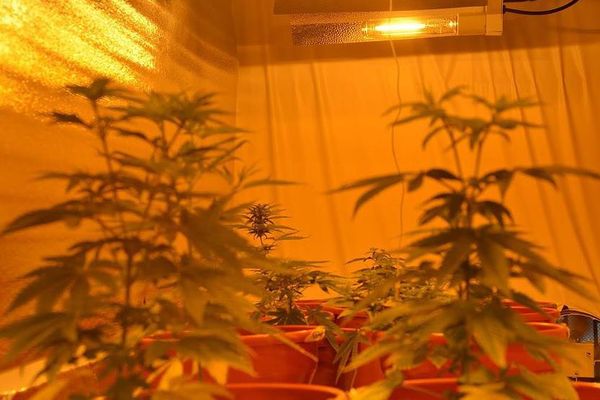
Given that the law stipulates a maximum possession of 20 plants, they grow 19, from which they obtain a crop of around 2 kilograms every 3 months that ends up being turned into 400 grams of oil. For the topical products, they normally use other plants in addition to cannabis. Sánchez explains that everything they sell is organic and natural and some medicinal plants, such as camomile, are sourced from the crops of farmers in the area and urban gardens in Bogota.
Of the 450 users in their data base, 370 use oral cannabis medication that is designed to combat illnesses such as cancer and control pain and problems deriving from chemotherapy, epilepsy, Alzheimer’s, arthrosis, arthritis, rheumatism, psychological imbalances and chronic pain. The rest combine oral treatments with ointments, creams and massage oils, and manage to prevent the inflammation of their extremities. Sánchez explains that, although there are patients of all ages, most of them are children and he adds that, not long ago, they began working with a group of girls that have anorexia.
The buyers are people “that arrive with fear and desperation”, when they have already exhausted all of their means and need something that works for them, even though they do not know the sector. Sánchez says that it is very gratifying to see that for many, positive results can be seen barely after a week of starting treatment. “They take the medicine with conviction and seeing the results motivates them to continue, to begin to learn about the plant, to defend it, and to explain its benefits to others”.
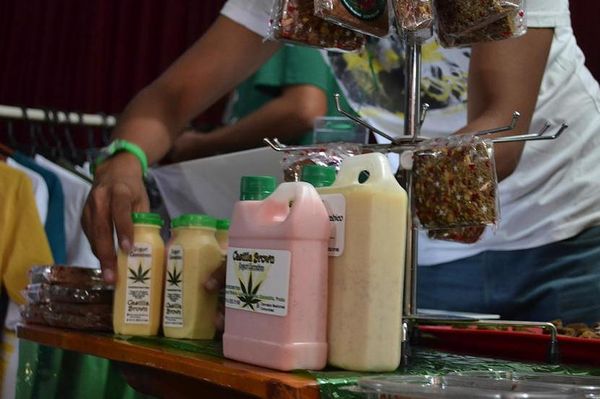
Furthermore, despite the fact that the prices at Ganja Farm are not very cheap “because we have few plants and electricity here is very expensive”, they are always less expensive than traditional medicine. Sánchez says that a family with a child with epilepsy who spend around 73 euros on each conventional medicine, would only pay 30 euros for those made with cannabis, therefore, “one thing compensates the other”.
However, not everyone can purchase anything at Ganja Farm. For oral medicines, a medical certificate is requested, especially for those who have cardiac problems or low blood pressure. “Also because, for example, a child with epilepsy taking 10 medicines a day that do not work, while marijuana does work for him, will need a doctor to get rid of the medicine”. Also, in this way they manage to control the dose: “There must be a precise control and knowledge on what type of plant the patient needs”, and even look for new strains if the sick person has already become accustomed to one.
There are several doctors who support initiatives like this one: “Some patients come with prescriptions, we call the doctors and they do not respond, but they continue to send us patients”. The fact of the matter is that in Colombia it is still not easy to carry out a role like this, given that everything linked to medical cannabis “is not illegal, but is not regulated either, therefore we are in a kind of limbo”.
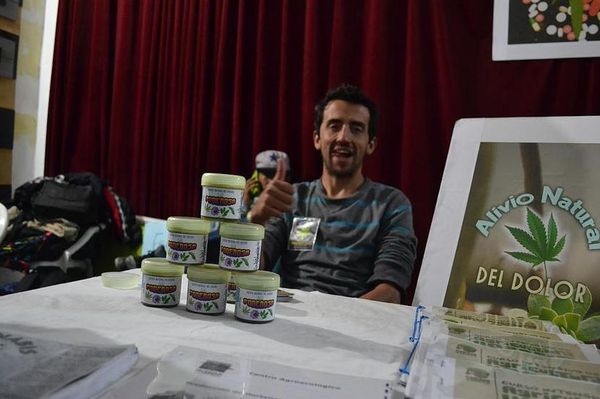
Ganja Farm is registered in the Chamber of Commerce, and even has permits from the National Food and Drug Surveillance Institute (INVIMA), the institute that provides authorisation to sell products such as the ones they have on the market. However, they still require sanitary permits for their laboratory, permits that will not arrive until there is clear regulation on medical cannabis.
Furthermore, nor are there any institutions that explain how a cannabis pharmacy should work or what requirements it should comply with. Therefore, through Ganja Farm, the Association for the Development of the Cannabis Industry in Colombia was set up. The organisation is comprised of producers, growers, collectives and companies from throughout the country that operate with the plant with the intention of working in teams and self-regulating.
“We make the rules, we copy the European model, and we have exhaustive management of everything we harvest, all of the oil we produce, the products we create and which patients they go to”. As such, if at some point a patient has a disagreeable experience, they will have a registry that shows what they have been using the plants for.
Pilar Sánchez states that all of her work has been carried out “openly”, which has benefitted many users who needed information. As things stand, they have managed to bring together more than 6,000 people at a cannabis gathering, and they have organised educational sessions.
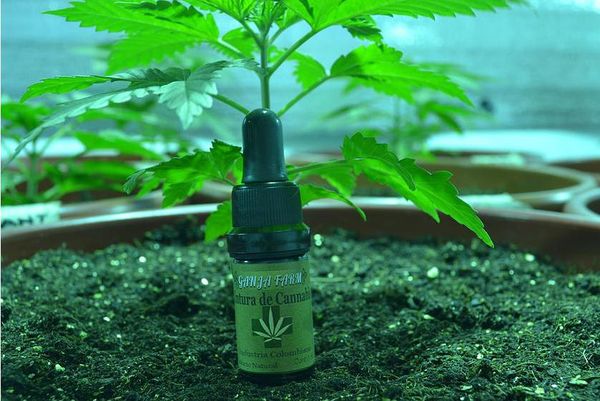
Sánchez says that her work has made it possible to make people aware of the plant’s benefits and to eliminate stereotypes in a place where “everyone consumes but use is frowned upon”. As they wait for the sanitary permits, they continue their work to create “confidence in our products, and adhere to quality and public health standards”. Sánchez is aware that there is a lot left to do but that distributing cannabis based products is a way of guaranteeing “a fundamental right to health”.



Comments from our readers
There are no comments yet. Would you like to be the first?
Leave a comment!Did you like this post?
Your opinion about our seeds is very important to us and can help other users a lot (your email address won't be made public).